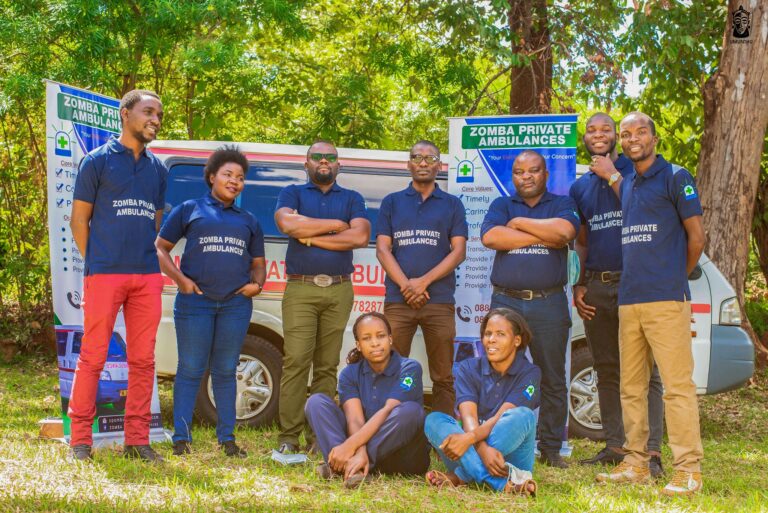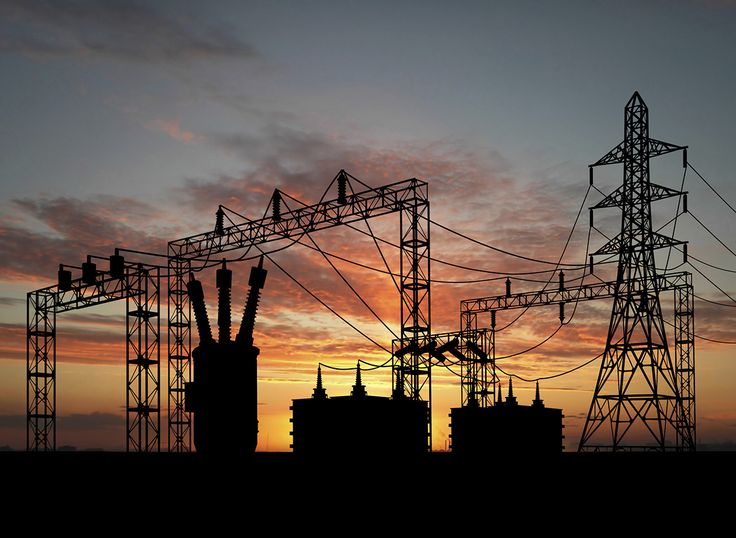
Chanco News Website Management Training
1. What is the Chanco News Website Management Training? The Chanco News Website Management Training is a practical, hands-on digital…

1. What is the Chanco News Website Management Training? The Chanco News Website Management Training is a practical, hands-on digital…

This Private Ambulance Service is reshaping access to emergency care in Malawi through faster response times and community-focused solutions.

In Malawi, WhatsApp is part of everyday life. This makes WhatsApp Channels a clear and immediate opportunity for Malawian creators. This article explores what you may be missing by not utilising it.

At 14, Sothini Shaba started trading clothes. Soon after, he left school to launch Tefillah, a sustainable shoe brand set to drive Africa’s circular fashion movement.

Understand Malawi’s latest tax reforms, their economic logic, and what the new measures mean for citizens, businesses, and long-term national growth.

A young recent graduate from the University of Malawi is tackling malnutrition through affordable, nutrient-rich innovations designed to support vulnerable communities.

Electricity is the missing driver of Africa’s growth. This article explores how Malawi can unlock development through strategic power investment and energy reform.

UNIMA student Fortune Kamphinda, develops a desktop app for flood detection and weather forecasting, set to prepare Malawi for disasters.

Tisitano is helping farmers and business owners reach new markets, build trust, and grow their sales through accessible digital tools across Malawi.
WhatsApp us